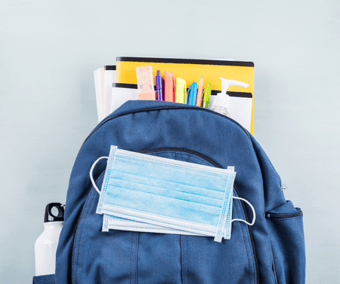 Preparing for the start of this school year is different than any year past. Many parents are worried and confused about how best to prepare their kids for the start of school. What is the "new normal" for school? Given the uncertainty of COVID protocols and the changes in their children's learning and emotional needs after a year of Zoom school and fewer social interactions, this year feels more difficult. Learn some new and research-backed resources and tools to prepare your children for the school year in 2021.
Preparing for the start of this school year is different than any year past. Many parents are worried and confused about how best to prepare their kids for the start of school. What is the "new normal" for school? Given the uncertainty of COVID protocols and the changes in their children's learning and emotional needs after a year of Zoom school and fewer social interactions, this year feels more difficult. Learn some new and research-backed resources and tools to prepare your children for the school year in 2021.
Create A plan and a back-up plan
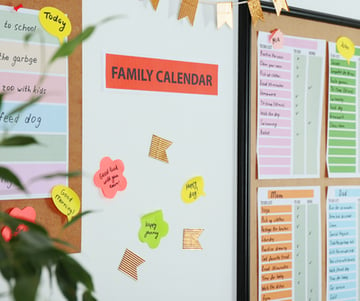 Even though there is a lot of uncertainty about what form school will take, such as in person or not, and with or without masks, it's important to take stock of what's needed and to plan for various scenarios. The first part of planning is taking stock of the variety of needs, and possible changes in schedule or activities.
Even though there is a lot of uncertainty about what form school will take, such as in person or not, and with or without masks, it's important to take stock of what's needed and to plan for various scenarios. The first part of planning is taking stock of the variety of needs, and possible changes in schedule or activities.
There are the physical needs such as new sneakers and books, getting an eye exam or annual exam so they can play sports. There are new schedule needs to be integrated, such as getting up earlier. Preparing for changes in sleep schedule is best done slowly over weeks. Having a family calendar that is posted with future changes clearly marked is helpful for preparing. This way, children can see when events are happening.
Other needs, which are often overlooked, are the emotional needs children have during transitions. This fall in particular, children have greater emotional needs after a year of greater household stress, minimal social and school contact with less known adults and children. Many children have regressed in their comfort level for new experiences and new people.
 Planning for the emotional transition is very important. Taking the time to talk to your children about how they feel transitioning back to school goes a long way to helping them feel less anxious. Another way to lessen their social anxiety is to start having more play dates and social engagements. Familiarity can decrease fear because the experience of interactions going well becomes a stronger reference point than the child's fear-based imaginations. Studies show that more social acceptance and less parental over-control leads to less social anxiety in children. Practically that can look like normalizing and accepting children's feelings through asking them how they feel and not trying to change their feelings.
Planning for the emotional transition is very important. Taking the time to talk to your children about how they feel transitioning back to school goes a long way to helping them feel less anxious. Another way to lessen their social anxiety is to start having more play dates and social engagements. Familiarity can decrease fear because the experience of interactions going well becomes a stronger reference point than the child's fear-based imaginations. Studies show that more social acceptance and less parental over-control leads to less social anxiety in children. Practically that can look like normalizing and accepting children's feelings through asking them how they feel and not trying to change their feelings.
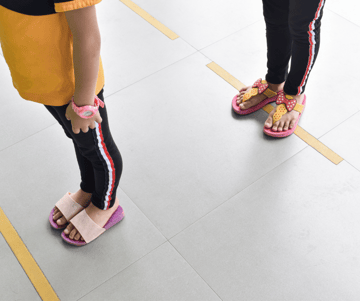
Be Educated
It's been a year of changing safety protocols and many parents are confused about how best to keep their children safe going back to school. Educate yourself on important issues such as mask safety and roll-out of the vaccine, social distancing protocols and other topics you consider important to a safe and successful start of the school year.
Reading about the most recent guidelines on COVID safety can create a sense of control and help with preparing children for what will be expected. The Centers for Disease Control and Prevention now says all kids and teachers, regardless of vaccination status should where masks indoors. For a second opinion here is the American Academy of Pediatrics guidelines.
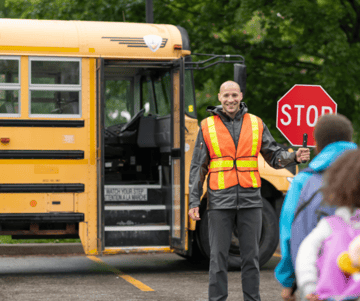 Be Involved With School
Be Involved With School
Even though many parents have been very engaged for over a year because of remote school, this fall is an important time to have an open line of communication between you and your child’s teacher and administration. Keeping the line open can go a long way in creating a safe and successful school year.
Things to find out about from the school:
- Safety protocols. Learning them early helps prepare children for changes in how they are at school. For example, you can find ways to wear a mask so their glasses don't fog up.
- After school activities. Will they be run? Are there different schedules? Learning these things early can help prepare your child.
- Will additional learning resources be available? Some children fell behind in certain topics during the year of remote learning. Is the school providing any additional resources or assessments to help children catch-up?
- Are new school supplies needed?
- If you have the time and resources, find out if there are ways you can offer support to the classroom this year. This can be a great way to be involved and contribute to the school community.
Read Also:
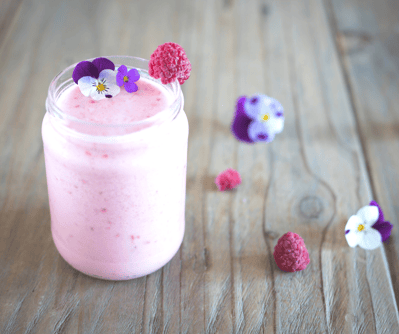
Best Way to start the school day?
The key to a good start to the day is a healthy breakfast. Research shows that children who eat a whole-foods based diet for breakfast (not packaged foods, but foods made from scratch) perform better at school, have better mental health and are at lower risk for diabetes and obesity. Conversely children who skip breakfast have lower grades and are more likely to have mental health issues.
A good breakfast doesn't need to be complicated. Here are some low-sugar, whole foods ideas that are easy to make.
- A smoothy with frozen berries, unsweetened yogurt, avocado, and half a banana for sweetness (throw in some chia seeds and it will be very thick)
- Overnight oats for kids
- Soft-boiled egg and sliced avocado
- Paleo bread toast with almond or sunflower seed butter (paleo breads are grain free and gluten free so don't cause a spike in blood sugar the way wheat bread can).
What's a Healthy Diet for Kids?
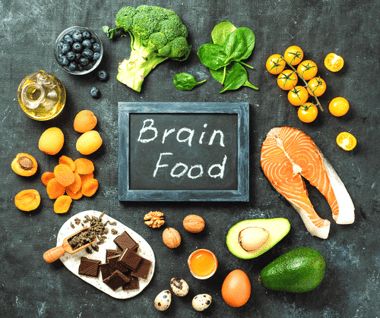 A healthy diet helps boost the immune system, which is our number one defense against illness. For this school year, focusing on boosting your child's natural defenses against illness is as important as ever. There are the foods that contain the essential nutrients and minerals for health, as well as the foods that support the healthy bacteria that support immune system functioning, known as the gut microbiome.
A healthy diet helps boost the immune system, which is our number one defense against illness. For this school year, focusing on boosting your child's natural defenses against illness is as important as ever. There are the foods that contain the essential nutrients and minerals for health, as well as the foods that support the healthy bacteria that support immune system functioning, known as the gut microbiome.
A healthy gut, also known as the 'second brain' because it has its own neural network, communicates information to the brain (and not just receives it), as well as creates the neurotransmitters the brain uses to function. To help children eat a diet that supports healthy gut probiotics, consider foods such as yogurt, and fermented foods like pickles and kefir. Add a little apple cider vinegar to salad dressing. In addition, getting good fiber intake such as green bananas, plantains, yams and asparagus helps the gut.
According to the Cleveland Clinic, one essential mineral for immune system health is zinc. Foods that are high in zinc are red meat, poultry, beans and nuts.
What foods hurt the immune system? Your kids will be disappointed to hear that it is sugar. If fact, it has an immediate effect. Studies show that in the hours after consuming sugar, often in the form of a sugary drink, white blood cell functioning is suppressed by up to 50%. White blood cells are our immune cells that actively fight invaders.
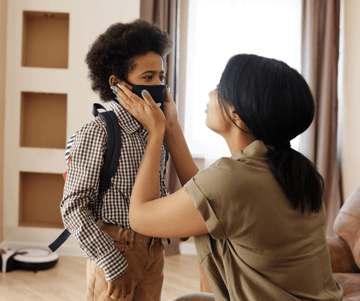 The key to getting back to school on the right foot during COVID is planning and open communication with your children. Additionally, this looks like helping everyone in the family to be resourced with sleep, a healthy diet, exercise and a sense of humor. All these tips can boost resilience when unexpected mishaps or changes arise. Your child can face whatever challenge is thrown their way at school, such as a return to Zoom school, as long as they feel mentally and physically prepared for it. Your job is to guide them as best as you can.
The key to getting back to school on the right foot during COVID is planning and open communication with your children. Additionally, this looks like helping everyone in the family to be resourced with sleep, a healthy diet, exercise and a sense of humor. All these tips can boost resilience when unexpected mishaps or changes arise. Your child can face whatever challenge is thrown their way at school, such as a return to Zoom school, as long as they feel mentally and physically prepared for it. Your job is to guide them as best as you can.
A resourced parent knows that they can educate themselves and tool up when needed. From the first day of school to the last, your work will be cut out for you. Keeping the communication flowing between you and your children will allow you to know when and how to step in.